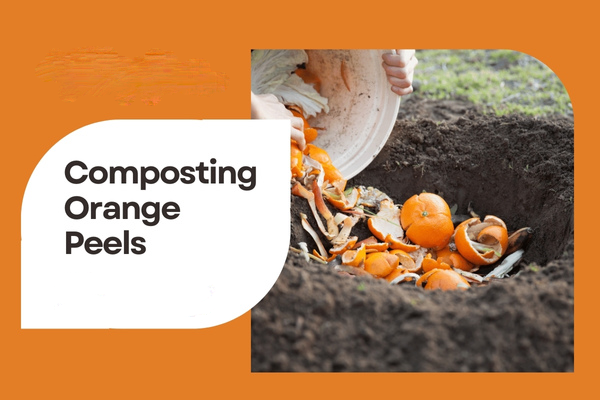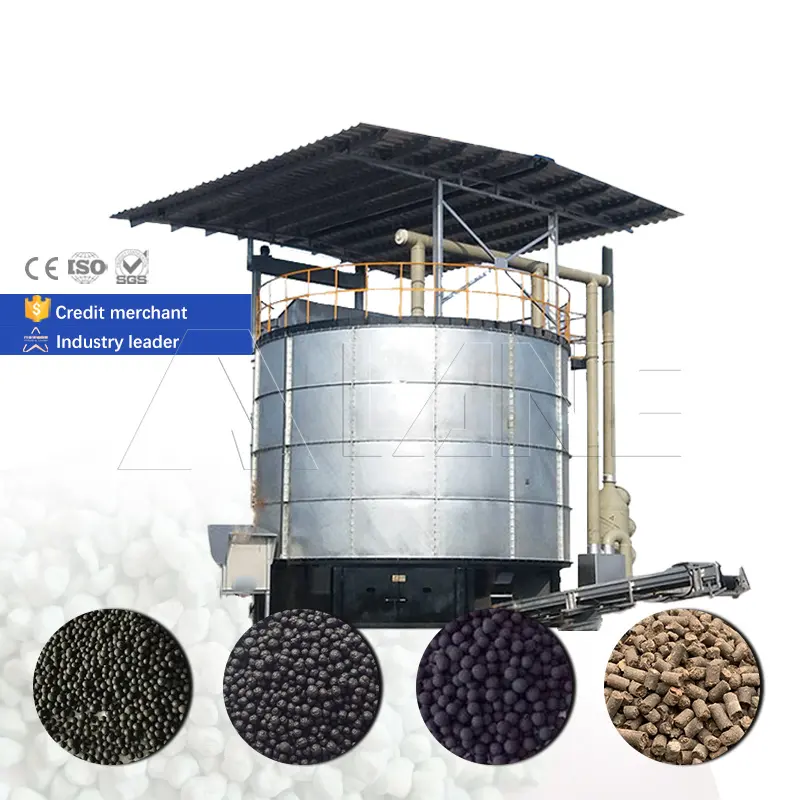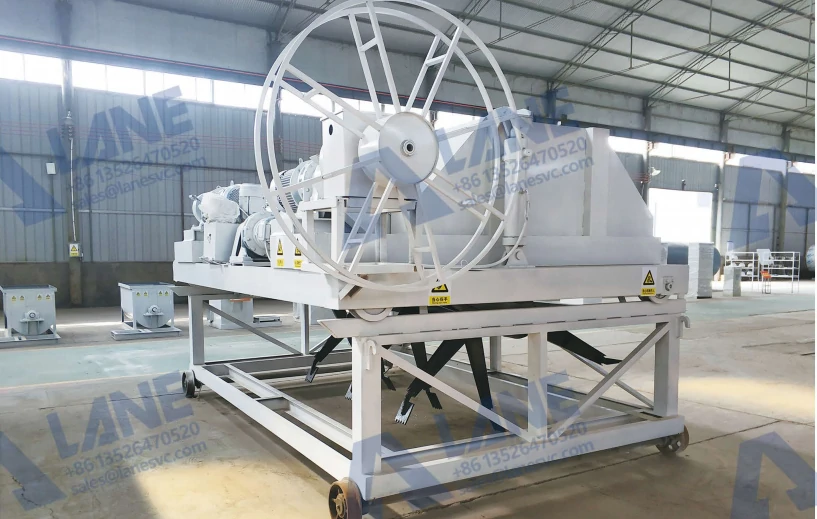As global urban populations grow and food consumption increases, the volume of organic refuse generated daily continues to rise. This trend has placed significant pressure on cities, waste management systems, and the environment.
Among the various solutions available, kitchen waste composting has gained widespread recognition as one of the most efficient and sustainable methods of transforming organic waste into valuable soil nutrients. By converting discarded food scraps into stable compost, communities can reduce landfill dependency, minimize methane emissions, and support circular agricultural practices.
Modern composting systems have evolved significantly beyond traditional, passive pile decomposition. Advanced technologies now enable high-efficiency aerobic fermentation, improved odor control, and precise monitoring of microbial activity.
These engineered systems allow operators to manage large volumes of organic waste consistently, predictably, and with reduced labor requirements. For municipalities, commercial food processors, and integrated waste-to-resource facilities, kitchen waste composting represents both an environmental responsibility and an economic opportunity.
Achieving these benefits, however, requires reliable equipment that can maintain optimal temperature, oxygen levels, moisture balance, and mechanical agitation throughout the composting process.

At the center of today’s engineered composting solutions are in-vessel fermentation tanks. These closed, insulated systems are designed to maintain ideal conditions for rapid aerobic decomposition. They isolate the composting environment from external weather, pests, and contaminants, making them particularly well suited for high-density urban zones and environmentally regulated areas. For kitchen waste composting, which involves materials rich in nitrogen and high in moisture, in-vessel tanks deliver unparalleled control.
The tanks typically include automated aeration networks, temperature probes, mixing blades, and leachate collection systems. These elements work together to keep oxygen transfer consistent, encourage thermophilic microbial growth, and prevent anaerobic pockets that can cause odor or incomplete breakdown. Because the process occurs entirely within an enclosed structure, operators gain the benefit of predictable biological activity, reduced processing time, and improved sanitation. Odor control systems such as biofilters or activated carbon units can easily be integrated to ensure compliance with environmental standards.
Another advantage of fermentation tanks is their compact footprint. Unlike traditional outdoor compost windrows, tanks can be installed vertically or in modular arrangements. This makes them ideal for food factories, residential districts, large kitchens, and institutions with limited land availability. When applied to kitchen waste composting, fermentation tanks can reduce the active decomposition period from several weeks to as little as 24–72 hours, depending on system configuration. The material exiting the tank typically requires additional curing but is already stabilized and largely odor-free.

While fermentation tanks handle the initial, rapid breakdown of organic matter, mechanical turners manage the secondary stage, which is essential for maturing the compost. Turning ensures even oxygen distribution, enables microbial heat penetration, and helps regulate moisture levels. For kitchen waste composting, turning is especially important because food-based feedstock tends to be wetter and more prone to compaction than yard waste or agricultural residues.
Groove-Type Turners
Groove-type turners operate along fixed rails above narrow fermentation channels. Their design allows for deep turning, making them ideal for large-scale industrial facilities. These machines provide consistent aeration and can be programmed for automated, continuous operation. In high-volume kitchen waste composting plants, groove-type turners enable predictable compost quality and improved throughput while reducing manual labor needs.

Crawler-Type Turners
Crawler-type turners are highly versatile and capable of navigating various terrain conditions. They move freely over long windrows placed outdoors or under semi-enclosed structures. Their wide turning drums thoroughly mix the compost while maintaining an even particle size, which is important for airflow and microbial activity. In facilities where feedstock moisture levels fluctuate—common in kitchen waste composting—crawler turners deliver reliable performance due to their strong traction and maneuverability.
For operations requiring large-scale, continuous composting, wheel-type turners provide an efficient solution. Their expansive working width allows them to process large windrows with lower energy consumption per ton of material. For facilities processing mixed feedstock, such as food waste combined with bulking agents like sawdust or crop residues, wheel turners deliver steady and uniform aeration. They are particularly useful in regional composting centers where the volume of kitchen waste composting is high and uninterrupted operation is essential.
Effective composting is more than a single machine—it is a coordinated system. A typical kitchen waste composting line may include sorting systems, shredders, conveyors, fermentation tanks, turners, curing platforms, screening machines, and even granulation equipment for producing fertilizer pellets. Successful integration of these components ensures:
Consistent oxygen and temperature levels
Reduced odor and leachate production
Reliable compost maturity
Improved operational efficiency
Lower long-term maintenance cost
Facilities can scale these systems depending on the daily processing volume and available space. Modular configurations also allow phased expansion as waste-handling demands increase.
With over 20 years of experience in fertilizer production machinery, Lane offers a comprehensive range of equipment supporting both composting and post-processing stages. Their systems are used in 120+ countries, demonstrating global recognition of product durability and effectiveness.
Key advantages include:
1.Expertise in Organic Fertilizer Production Lines
Lane provides complete solutions for transforming composted materials into powdered or granular organic fertilizers. Equipment options include mixers, crushers, granulators, dryers, coolers, coating machines, and packaging systems. This integration helps users extend the value chain beyond kitchen waste composting, turning raw compost into market-ready fertilizer products.
2.Engineered Reliability
Lane designs fermentation tanks and turners capable of continuous, intensive operation. The equipment features durable steel structures, automated control systems, and energy-efficient motors. The company offers a 5-year quality guarantee, reflecting long-term confidence in product performance.
3.Adaptability and Global Service
Systems can be customized to match processing capacities, moisture contents, feedstock types, and site constraints. With a global network of partners, Lane provides training, installation support, and after-sales service to ensure stable long-term operation.
As organic waste generation increases worldwide, kitchen waste composting has become an essential approach for sustainable waste treatment.
Advanced fermentation tanks and efficient mechanical turners make it possible to stabilize large volumes of food waste quickly and cleanly. When supported by integrated fertilizer production equipment, composting facilities can turn waste into valuable agricultural resources.
Leveraging decades of engineering experience, extensive global cooperation, and reliable equipment, Lane helps organizations around the world build efficient, scalable, and environmentally responsible composting systems that contribute to a circular, sustainable future.
For more details, please feel free to contact us.
Henan Lane Heavy Industry Machinery Technology Co., Ltd.
Email: sales@lanesvc.com
Contact number: +86 13526470520
Whatsapp: +86 13526470520